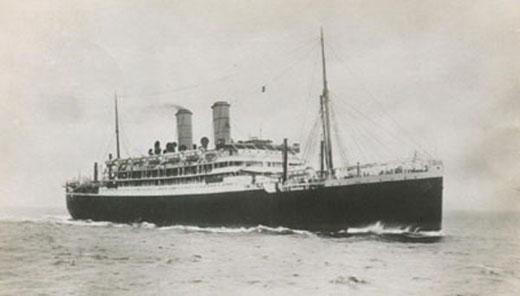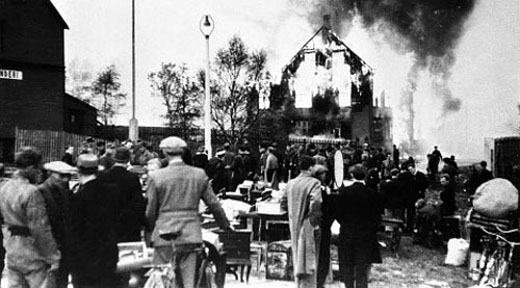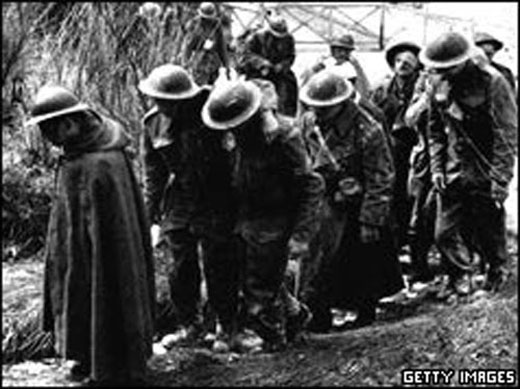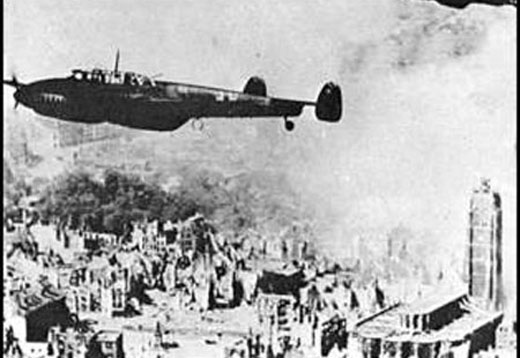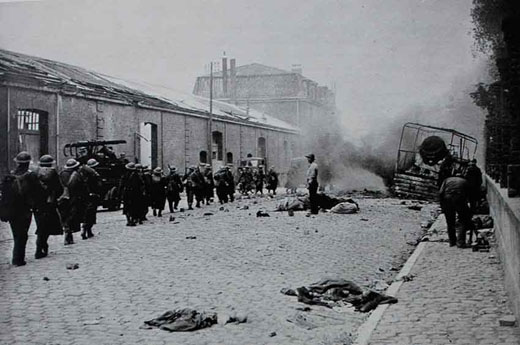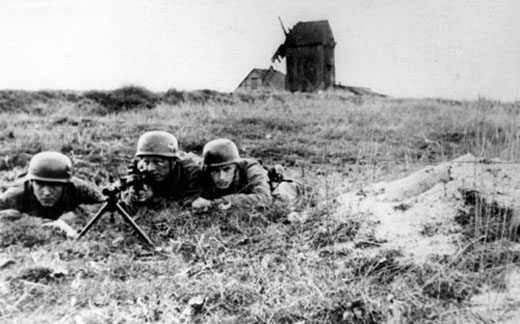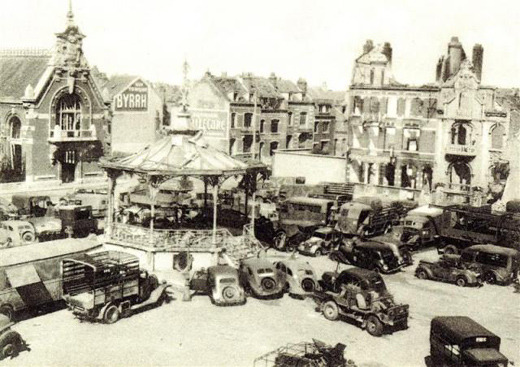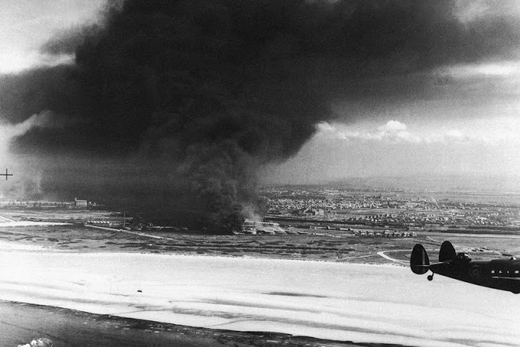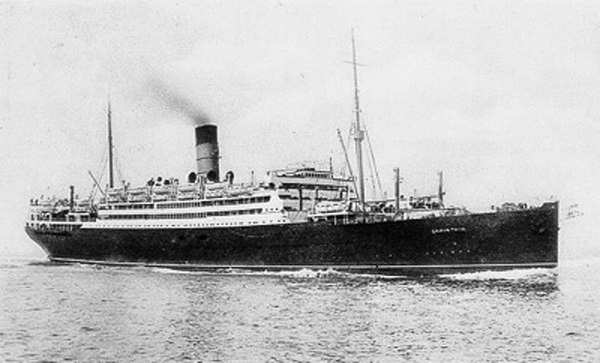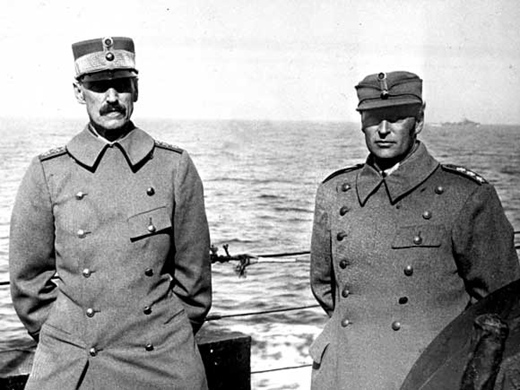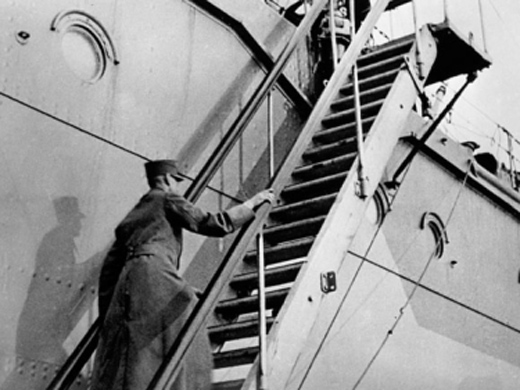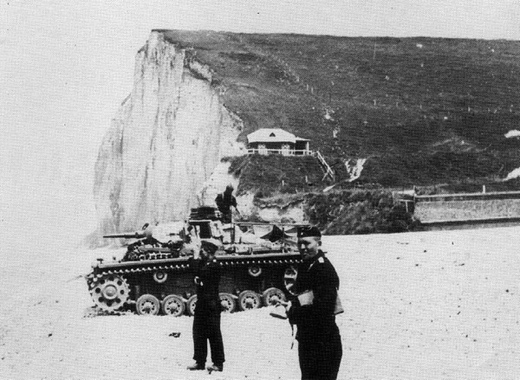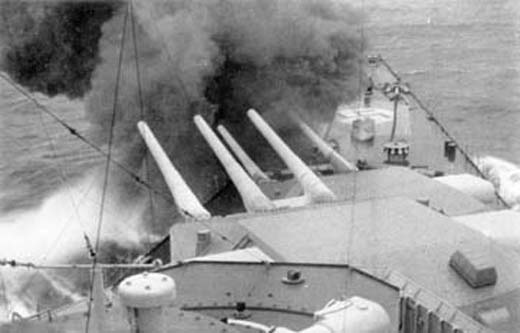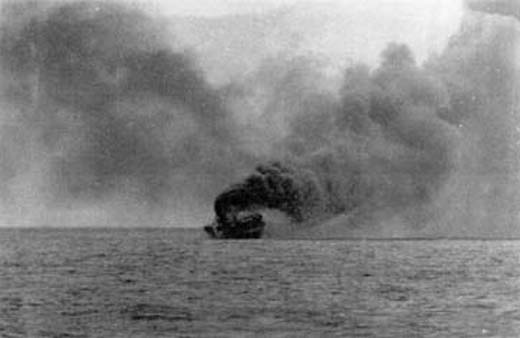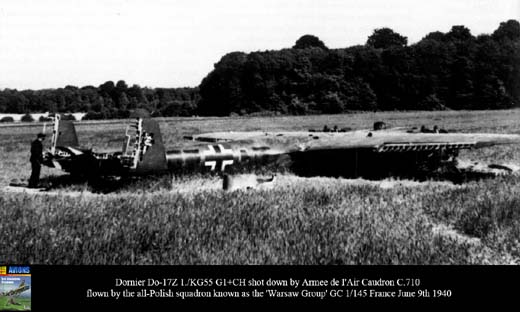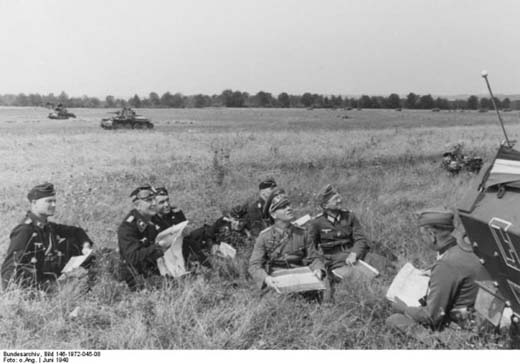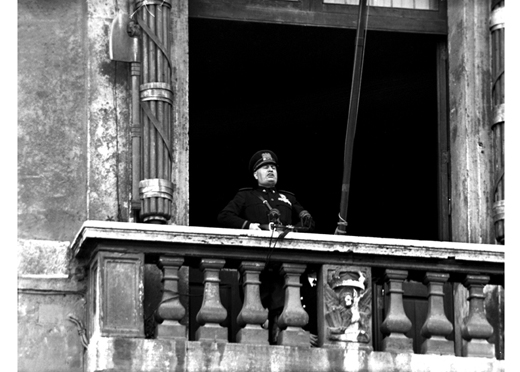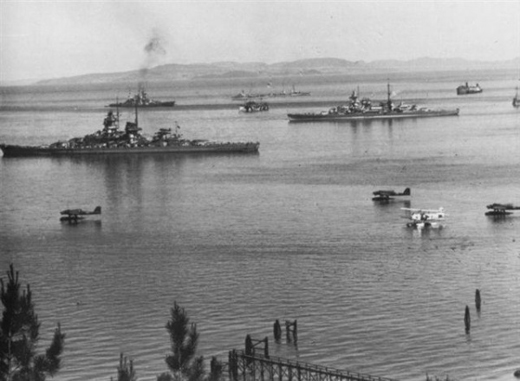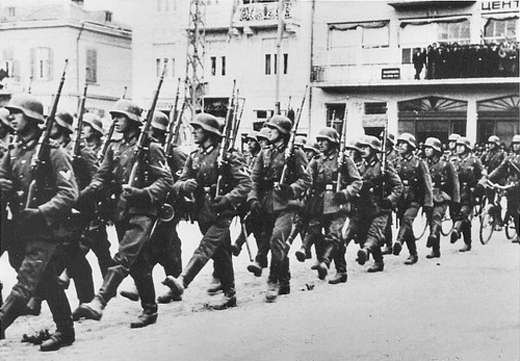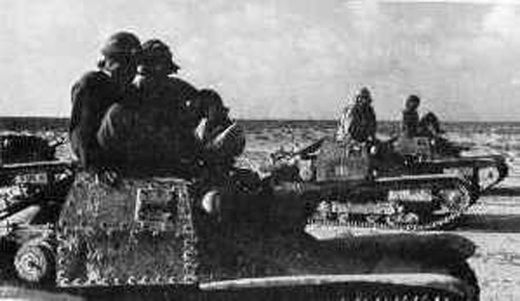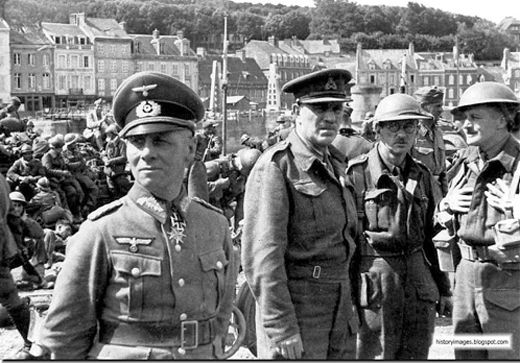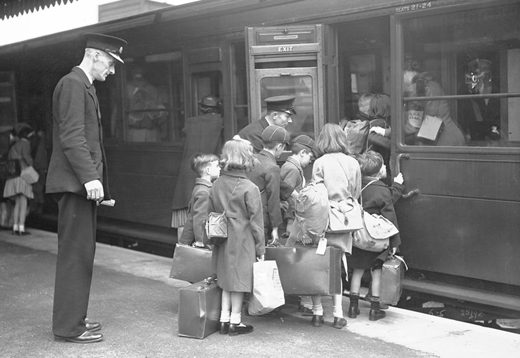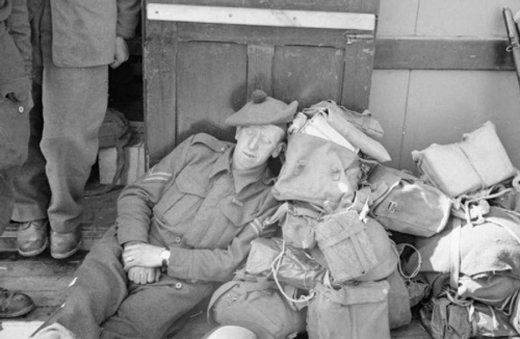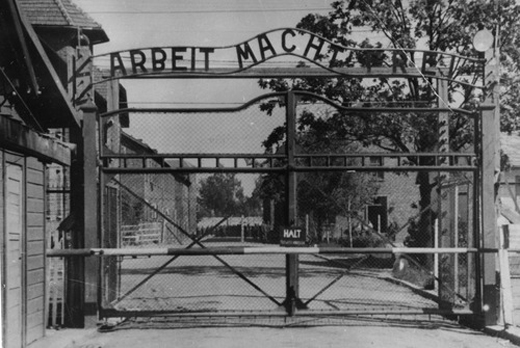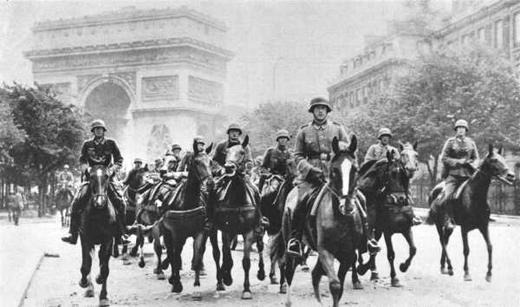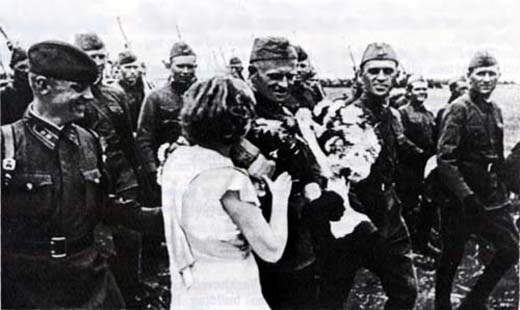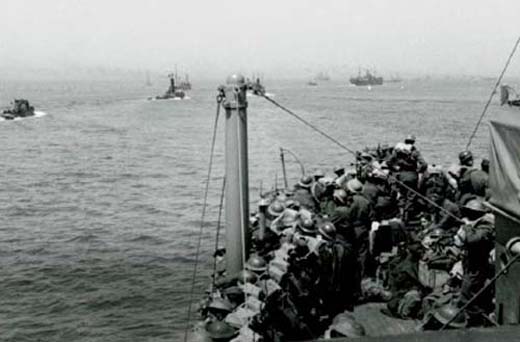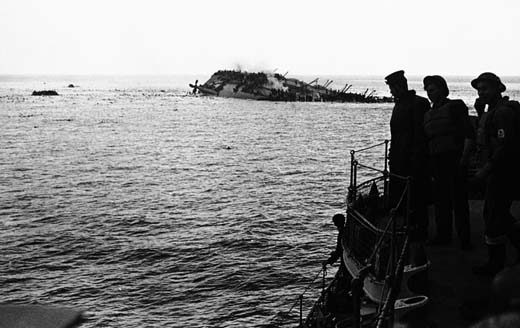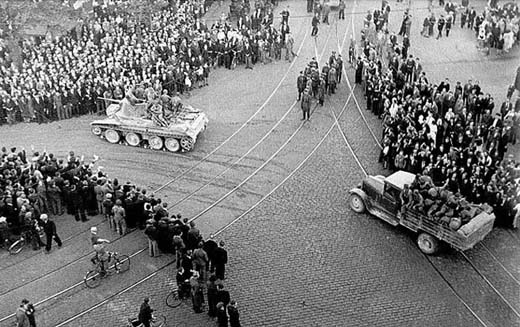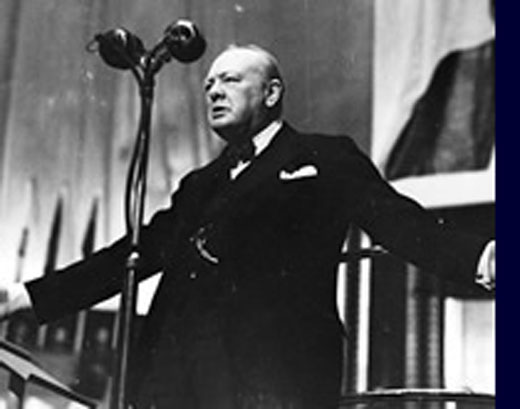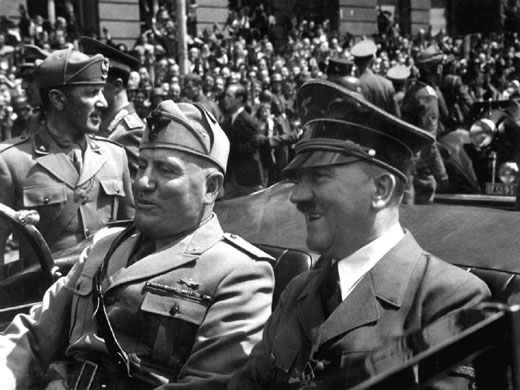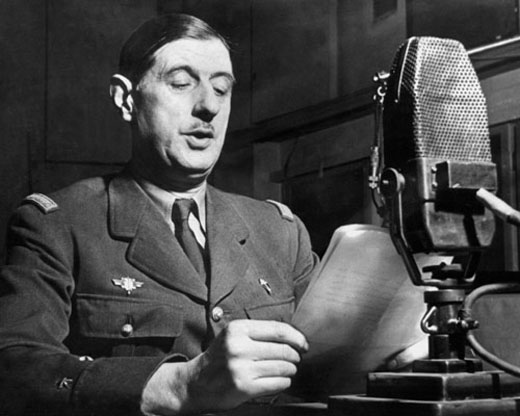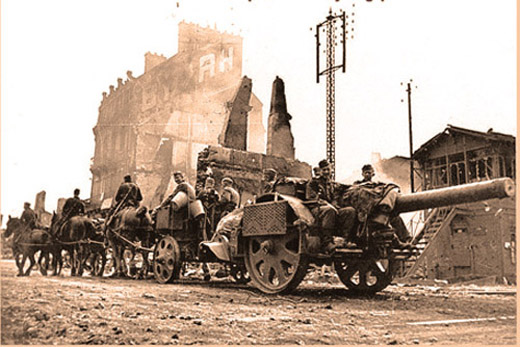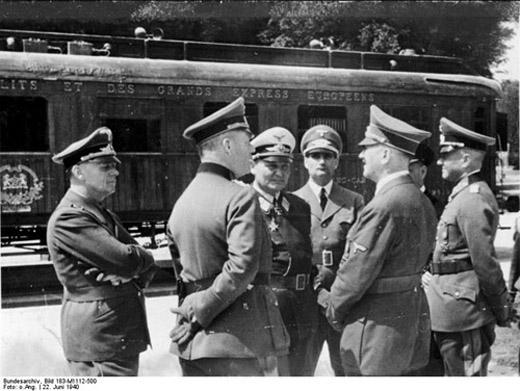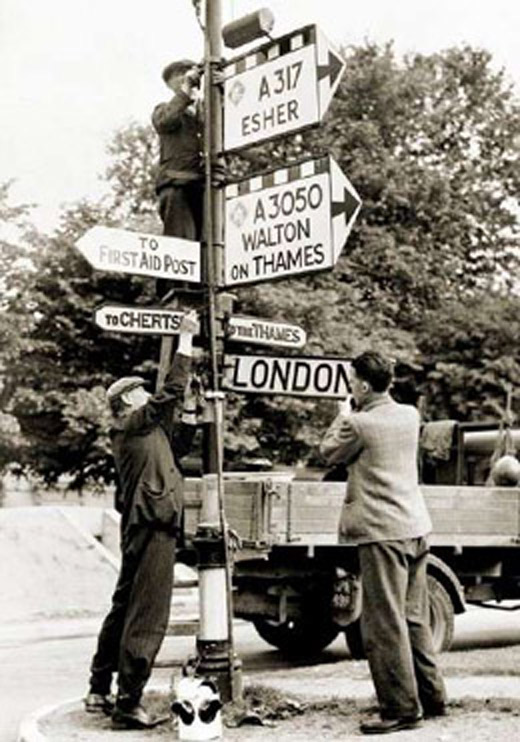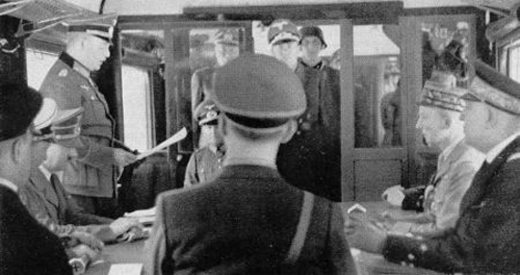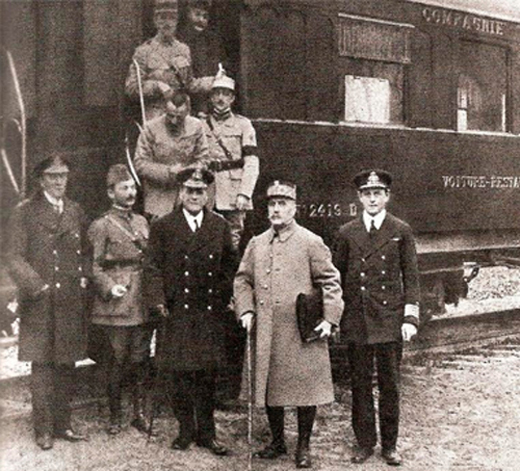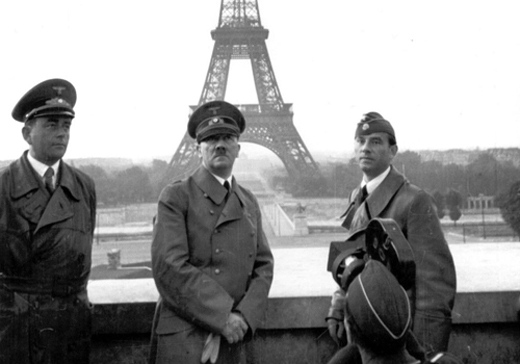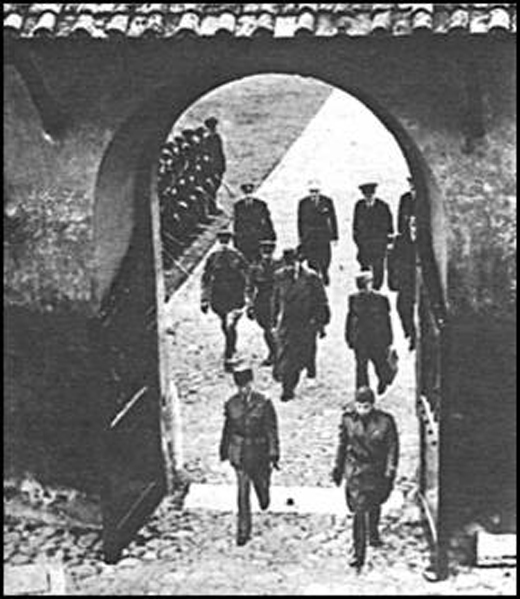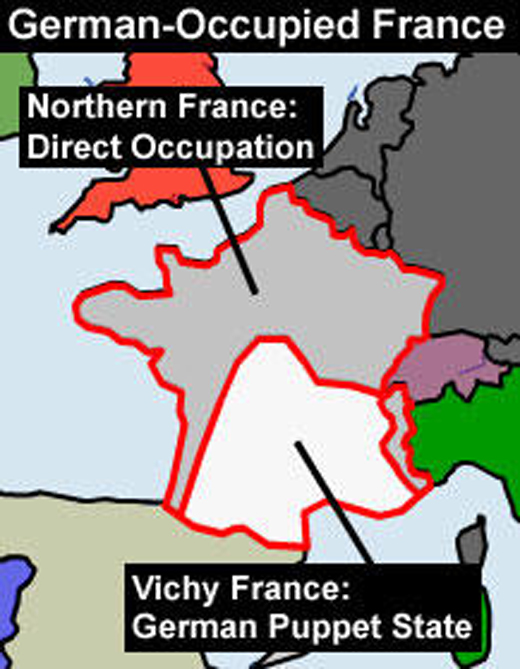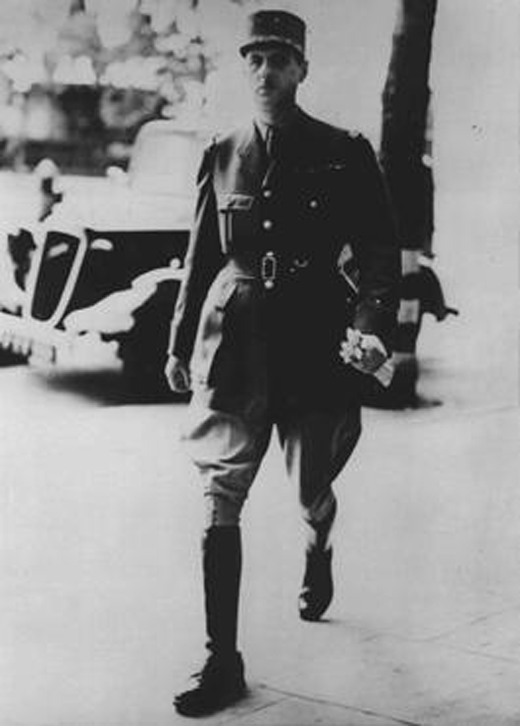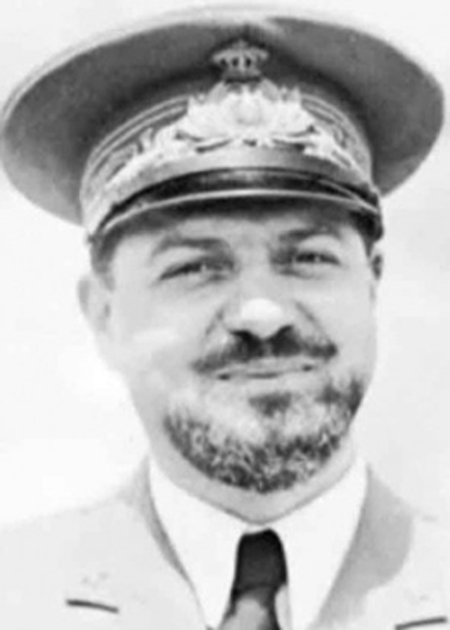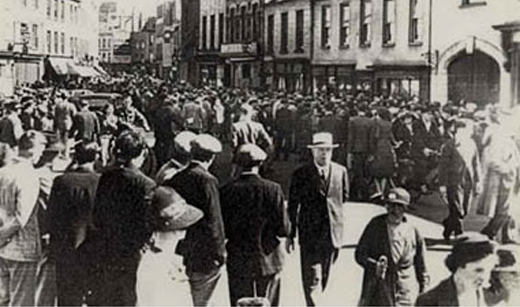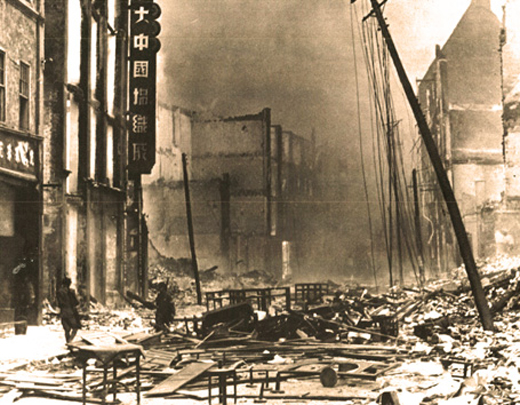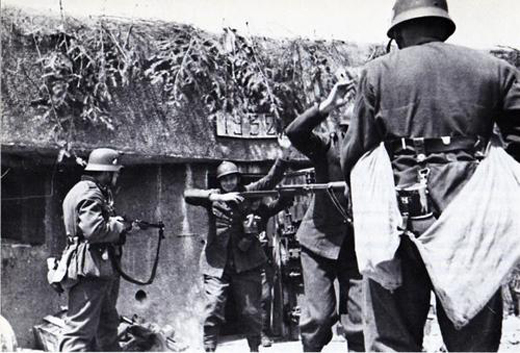Baltic States A new government is installed in Lithuania to be controlled by the Soviet Union. Soviet ultimatums are issued to Estonia and Latvia demanding the establishment of Soviet-approved governments in their countries and right of passage for Soviet troops. The ultimatum give both countries 6 hours to reply. Being isolated, both states have no choice bu to agree. The Red Army begins to occupy them the next day. Stalin immediately installs puppet governments in all 3 states. President Ulmanis of Latvia and President Pats of Estonia are deported to the USSR, while President Smetona of Lithuania goes into voluntary exile. The banking systems, transportation system, all industry and mines are seized as property of the state. No one is allowed to own property.
The Catholic Church is persecuted by the Soviets and is forced to hand over all churches and property; seminaries and monasteries are converted into garrisons for the Red Army, and religion is eliminated from the curriculum of local schools.
Following the Red Army is the NKVD, which begins operations immediately. On average, 200-300 people a month disappear without a trace. By 22 June 1941, civilian losses due to deportations and massacres stood at 60,000 in Estonia, 35,000 in Latvia and 34,000 in Lithuania. Following the occupation, 'elections' were held in all 3 republics, which returned communist governments that immediately passed resolutions applying for membership of the USSR. Between 3 August and 6 August the USSR annexed all 3 states. Stalin had thus absorbed the Baltic States to create a buffer zone against German aggression.
[  | |   ] ]
Battle of the Atlantic - The British cargo liner Wellington Star (13,212t) is sunk by U-101 in the Bay of Biscay. The entire crew is picked up by the French steamer Pierre L D.
- The British submarine Tetrarch sinks the German tanker Samland (5978t) off Korsfjord, 5 miles west of Lister.
[  | |   ] ]
|
Diplomatic Relations France asks Britain to be released from the obligation not to make a separate peace. In return the British make an offer to establish a state of union between the 2 countries, but this rather wild scheme is rejected by the French. Reynaud has lost the support of his Cabinet and resigns. Pétain is chosen to replace him.
Reynaud Resigns
|
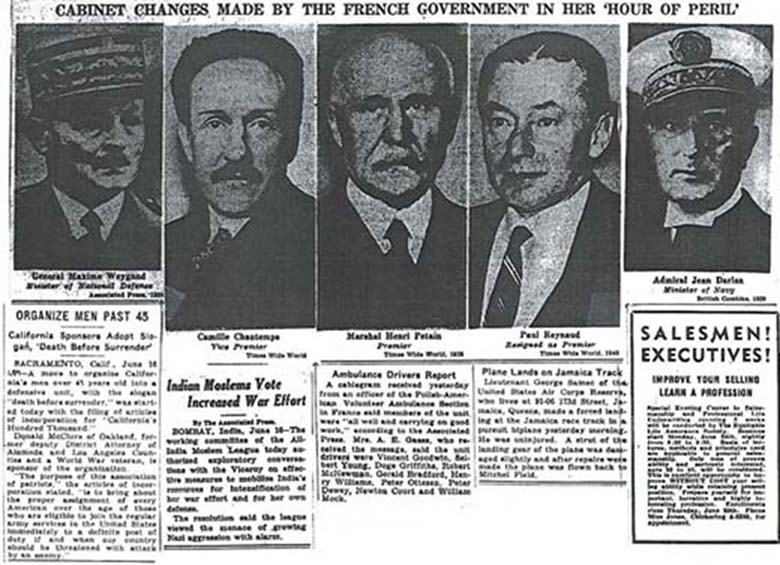 |
|
|
[  | |   ] ]
Indian Ocean The Italian submarine Galilei sinks the Norwegian tanker James Stove (8,300t) in the Indian Ocean south of Aden. The entire crew is rescued.
[ | |   ] ]
Mediterranean - The British submarine Grampus is sunk by 4 Italian torpedo boats off Syracuse, Sicily.
- The Italian submarine Provana is forced to the surface and sunk by the French sloop La Curieuse.
- The Italian steamer Rastrello (1550t) is sunk by an underwater explosion south of Naples.
[  | |   ] ]
|
Secret War The British SS Broompark leaves the Gironde, in western France, carrying 26 containers of 'heavy water', previously obtained from Norway by Irène Joliot-Curie, the atomic physicist.
[  | |   ] ]
Western Front Dijon is taken and to the east Guderian's units have reached the Saône. The Maginot Line is breached as Army Group C crosses the Rhine near Colmar in Alsace. On the Channel coast there are more evacuations. From St Malo during the next 2 days 21,474 Allied troops are taken off and from Brest 32,584. The evacuations from St Nazaire and Nantes take 3 days and carry 57,235 away but over 3,000 are lost when the British troopship Lancastria is sunk by German bombers.
During a meeting of the French Council of Ministers, Pétain, the Deputy Prime Minister, calls for an armistice and threatens to resign if his cabinet colleagues refuse. The French government asks Britain for release from obligations under the Anglo-French agreement, obligations which mean that neither country would make a separate peace. Churchill replies as follows: 'On condition, and exclusively on condition, that the French fleet immediately sails for British ports during the negotiations, His Majesty's government gives its full consent to the French government to proceed with the request for armistice terms for France...'
De Gaulle, who has been in London since the previous day, telephones Reynaud and puts before him the text prepared in Britain for an 'Anglo-French Union', in effect the fusion of the two nations into one. Reynaud himself is in favor, but he gets a poor reception when he puts the proposal to the Council of Ministers. Reynaud resigns and Pètain at once forms a new government. At 11:00pm he instructs his new Foreign Minister, Paul Baudouin, to ask the Germans and Italians for an armistice. At midnight, through the Spanish ambassador in Paris, the French government presents its request for an armistice.[MORE]
[  | |   ] ]
|
